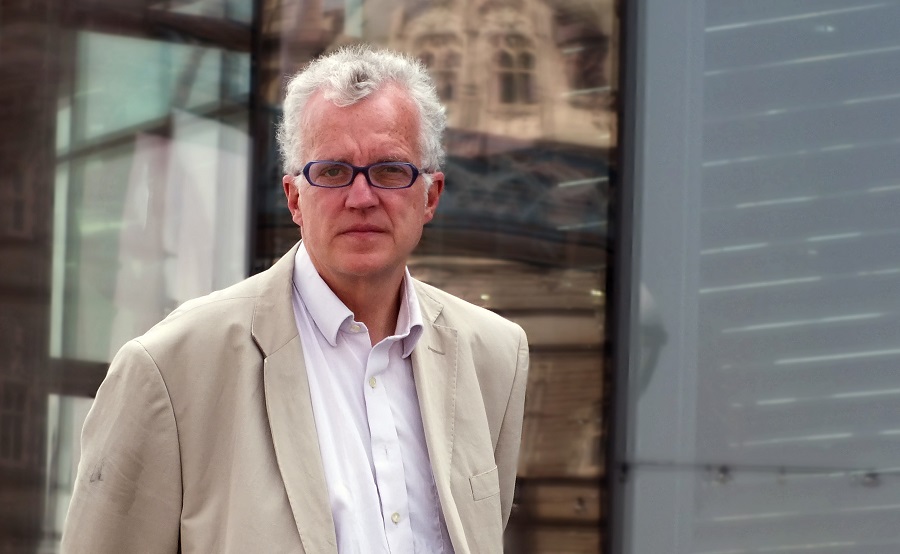It’s not only in the south east that rail is booming. The three northernmost franchises in England, Transpennine, Northern and Merseyrail are all experiencing phenomenal growth, helped by relatively low fares and the healthy economy. Indeed, growth rates in the north are higher than in the south, with Transpennine experiencing an amazing 40 per cent increase in just three years.
For a long time there has, however, been a widespread feeling amongst Northern politicians and business people that the railways are not receiving the investment they deserve in the light of that success. Major light rail schemes in Leeds and Liverpool have all being shelved after considerable expenditure was wasted on preparation and plans to extend the network in Manchester have been cut back drastically. For example, the average age of rolling stock operated by the northern rail franchises is far greater than in the south and pleas to replace unpopular trains like the bus-type Pacers have traditionally fallen on deaf ears. Moreover, privatisation led to massively increased costs, both for rolling stock and station renewal and openings.
However, the climate is beginning to change and there are now grounds for optimism that the success of the railway in the North is being recognised. While London and the South East are still receiving a very high proportion of English rail investment and there is plenty of money being spent on improving rail services in Wales and Scotland thanks to devolution, the Department for Transport has begun to recognise that there is enormous pressure on the railways in the North, in particular on commuter lines serving the major conurbations such as Manchester and Leeds. As Jonathan Bray, the assistant director of the Passenger Transport Executive Group put it, ‘the booming economy is driving a massive increase in rail travel. The major town centres are experiencing booms which create lots of jobs and people are doing what they do in the south east – they live in leafy suburbs and want to commute by rail’.
Tom Harris, the rail minister reckons the increase is partly because of changes in the job market: ‘Blue collar jobs on the outskirts of towns are being replaced by white collar ones in the centre’, he says.
The turning point in the Department for Transport’s attitude came last year when a review into the Northern Rail franchise was published. The review had been commissioned the previous year by Alistair Darling, the then Transport Secretary, with the clear expectation that it would recommend cutbacks in little used services. However, the consultants found that money would not be saved by reductions in services, fares rises or reprofiling Network Rail’s maintenance expenditure. Cuts, therefore, were off the agenda.
Now, instead of wanting to cut back services, the Department is recognising that there is a need for extra rolling stock because of the double digit rates of growth which, as Jonathan Bray points out, ‘are far higher than in the south east, though they are, of course, from a lower base’.
The Transpennine franchise, created by the now defunct Strategic Rail Authority, was let with a new rolling stock fleet of 51 Siemens three car trains which added a third to the capacity. However the pace of growth means that this extra capacity will soon be eaten up and FirstGroup, which operates the franchise, was angry that the SRA cut back the order from 56 trains since the extra five would be well used today. The phenomenal increased numbers on some routes (Leeds – Manchester, the backbone of the line is up by 21 per cent and Sheffield – Manchester 29 per cent) means that there is a desperate need for extra capacity and Vernon Barker, Transpennine’s managing director, is lobbying the Department for Transport to allow a fourth car on the fleet. He reckons that an extra car on the three coach trains would provide 43 per cent, rather than 33 per cent extra seats because there would be no need for disabled toilets and bike spaces as these are already provided.
He faces something of an uphill task because this would require extra subsidy to pay the leasing charges because local fares are low and would not cover the extra costs. Transpennine already receives nearly £100m in annual subsidy. However, Barker says the Department for Transport is ‘receptive’. He adds: ‘I am convinced there is a recognition of the changes happening in the economies of the North.’ He was encouraged, too, by the recent announcement by Douglas Alexander that there would be 1,000 additional carriages, a 5 per cent increase, funded by the Department over the next few years.
The Northern rail franchise operator, a joint venture by Serco and Ned Railways, too, will be hoping that some of the rolling stock will be coming its way. While it has experienced strong growth rates on many routes serving the large conurbations, the highest rise last year, 17 per cent, was on the Airedale/Wharfedale routes which have new trains. According to Vernon Barker, ‘there is enormous latent demand for rail in the north, provided you improve timetables and trains.’ The Department for Transport response to this need is eagerly awaited by business leaders and politicians across the region.
